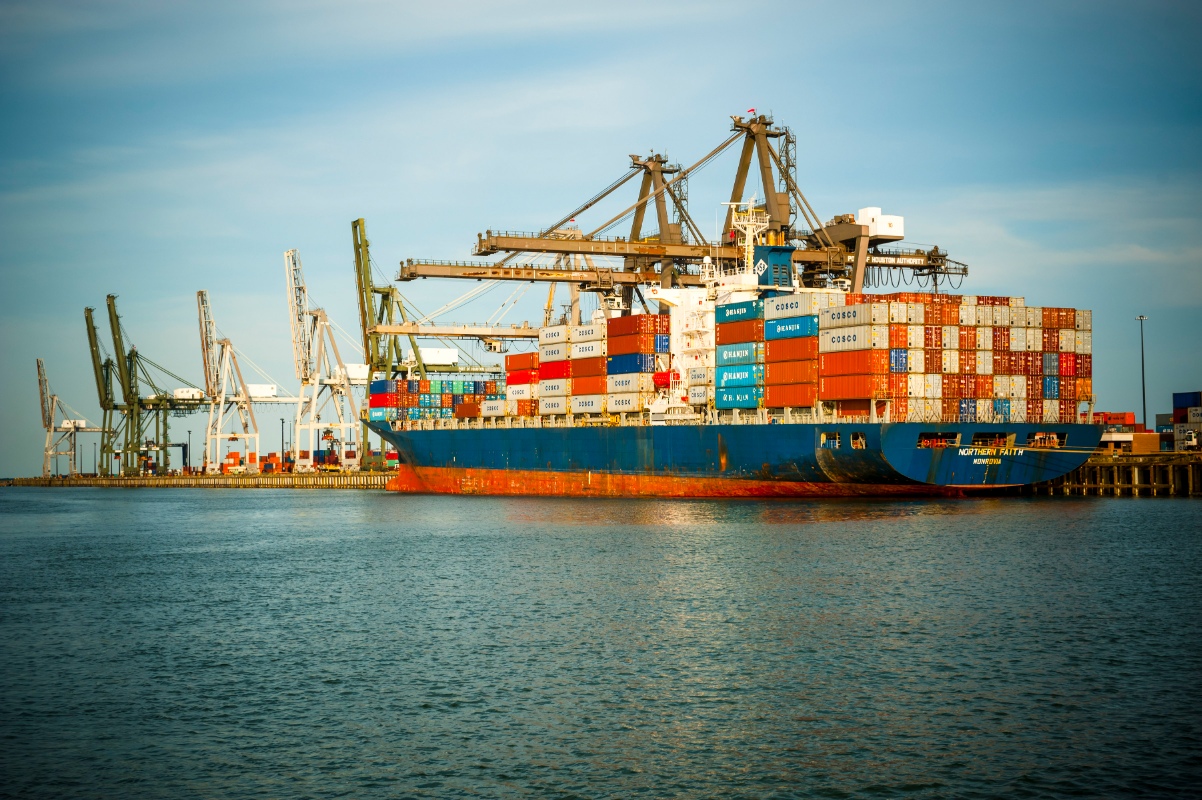Energy 2.0 and the Role Houston will Play
Published Mar 06, 2020 by A.J. Mistretta
Bayou Business Download is a podcast from the Greater Houston Partnership that dives into the data and analytics influencing the region’s economy and the core business sectors that drive Houston’s growth.
On this edition of Bayou Business Download, we chat with Partnership Director of Research Roel Martinez about Energy 2.0. We explore how we define this segment of the industry and what Houston is doing to help shape its future.
Here are 3 key takeaways from the conversation:
Energy Transition
Today, fossil fuels generate up to 80 percent of the world's energy. But there is growing demand for more carbon-neutral energy. The world's energy mix will change and Houston will have to change with it. At the same time, by 2040 the global population will grow by 1.5 billion and we are likely going to double the number of cars on the road. That kind of growth means we will need a lot more energy. This prompts a dual challenge: meeting the world's growing energy while at the same time making energy cleaner, greener and lower carbon. As the energy capital of the world, Houston has to lead the way on addressing that dual challenge.
Digital Disruption
Part of Energy 2.0 is the actual energy being created, renewables and other low or no-carbon fuels. But another factor is the digital disruption that's affecting many industries and the impact of that is just starting. Technologies like AI, predictive analytics, machine learning, robotics, IOT and others are finding applications in both renewables and traditional oil and gas. Another emerging technology is carbon capture use and storage (CCUS). This is capturing carbon emissions, either at the source or from the air, transporting that carbon and storing it so that it is not in the open environment. The technology to do this effectively is still in the early stages. At the same time, we need to work to update our energy grid, the world's largest machine, from an antiquated system to a computerized, modern smart grid.
The Renewable Landscape
Texas ranks No. 1 in the nation for both installed and under construction wind projects. One-in-four U.S. wind energy jobs are here in Texas; there are 157 online wind projects and 25 percent of the state's energy is wind generated. While the actual wind farms are not here in the Houston area, many of them are managed from here in Houston. On the solar front, Texas is No. 5 in the nation and about 10,000 solar-related jobs, mostly in residential installation. There are currently about 100 solar companies in Houston including Sunnova, First Solar, Distributed Power Partners, and Texas Outfitters among others.
Learn more about Houston's effort to lead the energy transition.
Listen to this and future episodes of the Bayou Business Download podcast here. Get updates on key economic indicators and other data and analysis from the Partnership Research team here. Find more on these issues in the February edition of Economy at a Glance.
 The Houston Report
The Houston Report




















